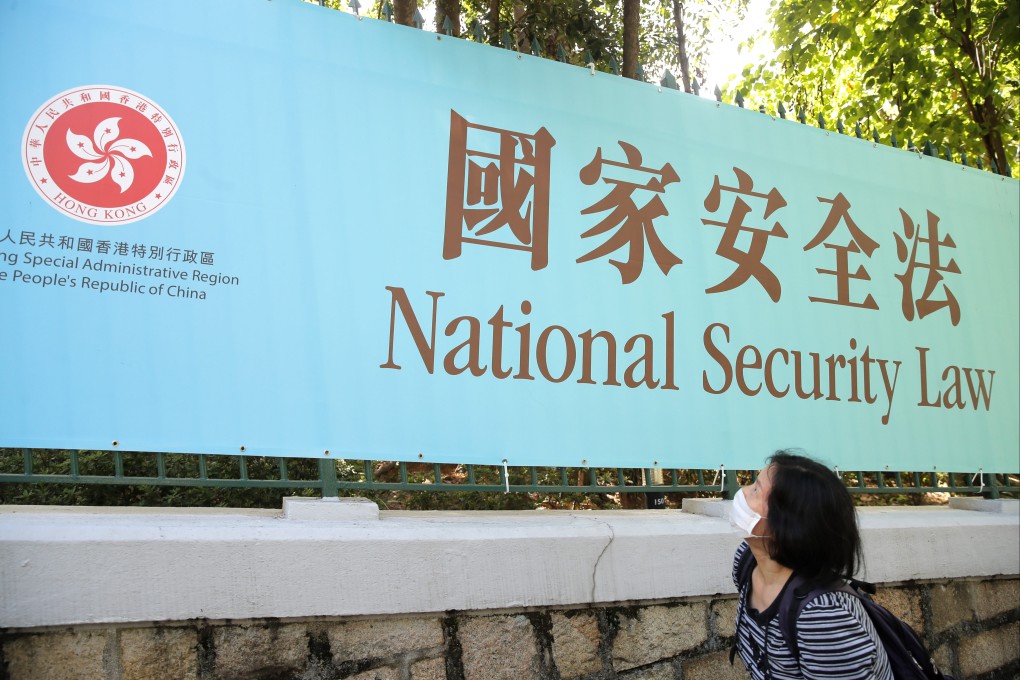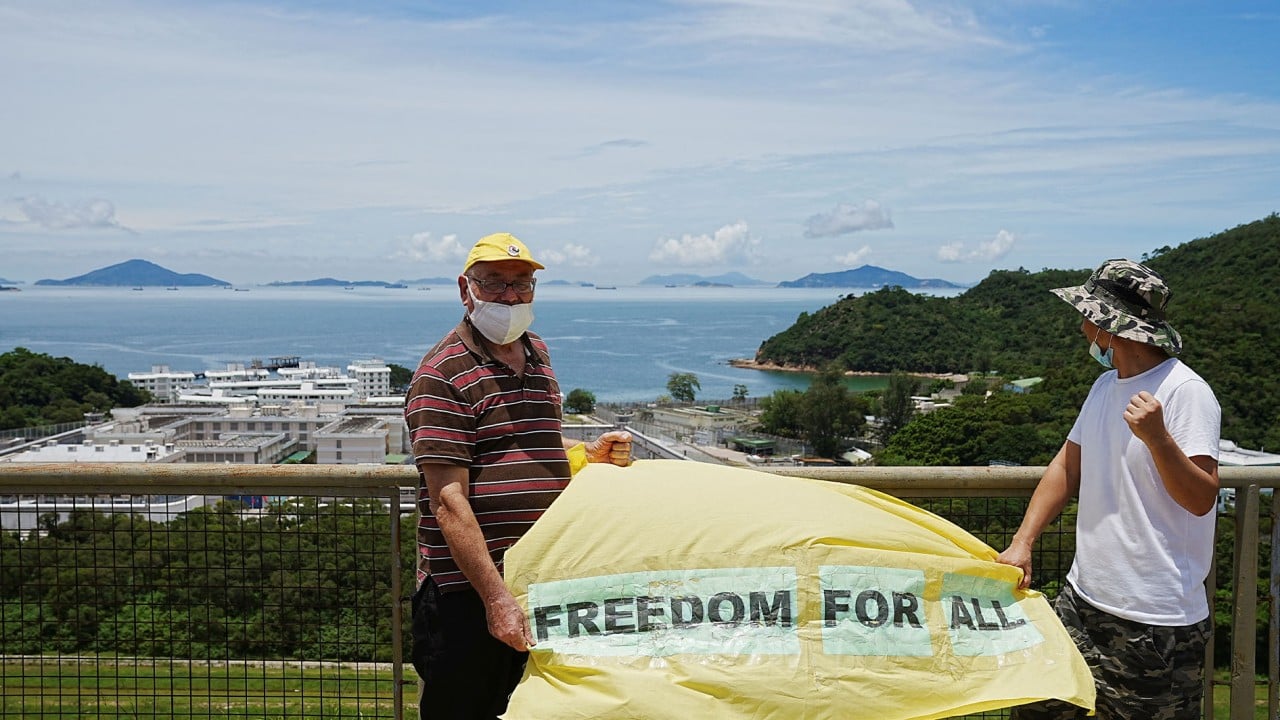New US report outlines ‘devastating effect’ of national security law on Hong Kong
- The study by the Congressional-Executive Commission on China says the city’s ‘once-dynamic civil society’ has been ‘dismantled’ over the last two years
- ‘Hong Kong’s Civil Society: From an Open City to a City of Fear’ draws on 42 interviews conducted this year with people from a variety of professions

An influential panel that advises the US Congress on policy towards China has issued a report detailing how the enforcement of the 2020 national security law has “dismantled” Hong Kong’s civil society.
According to the report, “The two years of the national security law crackdown have had a devastating effect on Hong Kong’s once-dynamic civil society … The civil life of Hong Kong has been changed, even if the streets, the buildings, the institutions, the names and the titles still look the same.”
People interviewed for the report – more than half of them anonymous or identified with only a first name – include current and former lawyers, educators, social workers, trade union organisers, legislators, district councillors, Christian clergy, students, journalists, and staff from international and local non-governmental organisations.
The national security law, imposed in June 2020 after widespread protests against a 2019 extradition bill that would have allowed the transfer suspects to mainland China, criminalises a broad range of acts under the categories of subversion, secession, terrorism and collusion with foreign forces.

